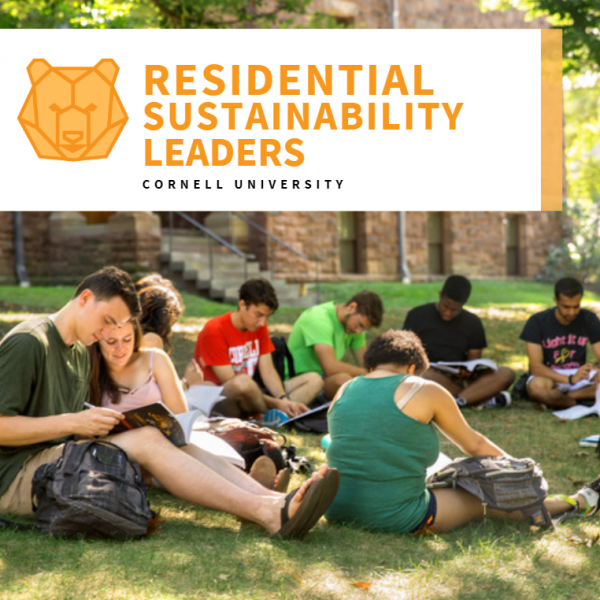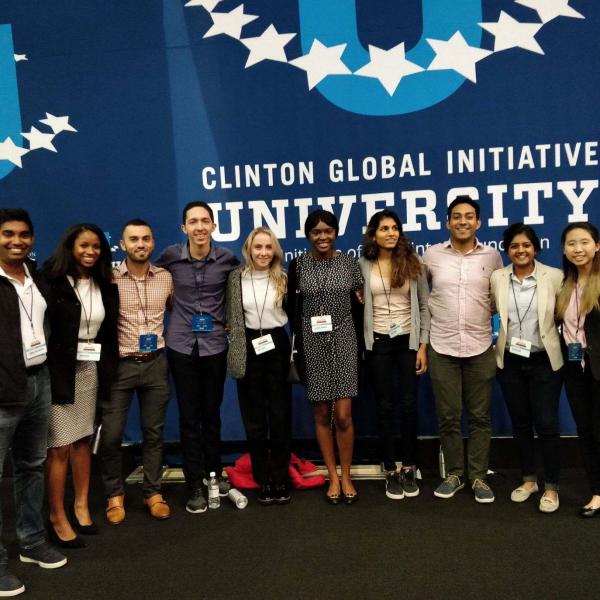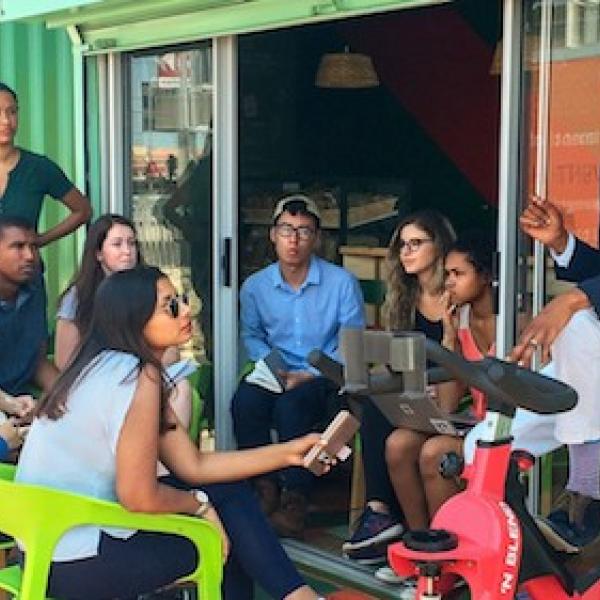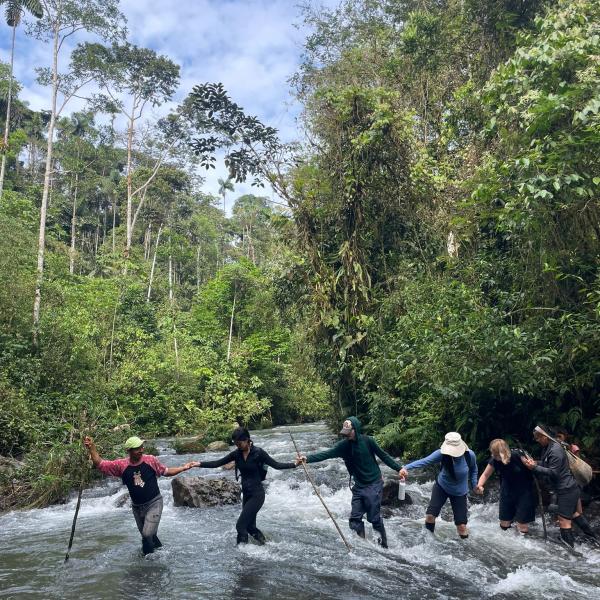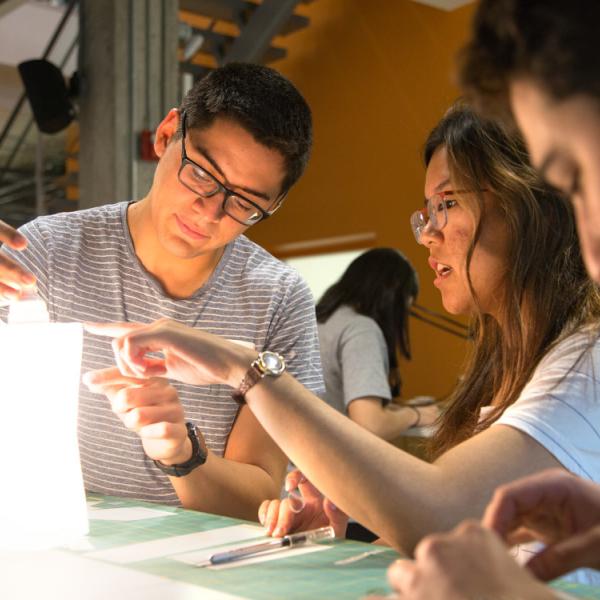Overview
This program accepts by rolling admission and may fill prior to Cornell’s deadline.
Learn how communities around the world understand and strive for health and well-being.
What is unique about this program?
- Explore unique localities and gain insights into healthcare across continents.
- Conduct in-depth, research practice in radically varied contexts.
- Experience rare opportunities to interact with healthcare leaders and local experts.
- Witness healthcare access from the sprawling megalopolis to the rural village.
What is unique about these locations?
IHP programs spend significant time in two or three countries, and contrast both with a U.S. experience on the same topic or theme to examine global challenges in different settings. Because of the popularity of the Health and Community program, there are often two different tracks per semester. Both offer the same set of courses, but the different locations will provide their own "lenses" on the subject matter. Check the SIT website for itinerary and course information. While on location, you will have country-specific course coordinators and many local experts from all walks of life. You will spend time in urban and rural settings meeting with academics, policy makers, health care providers, and consumers of the local health care system. The case study abroad allows you to go in greater depth on a program that exposes you to so much.
Washington, D.C
The seat of government of one of the richest nations in the world and hub of international policymaking, Washington, DC, is also home to some of the greatest wealth disparities of any city in the United States. Over the course of two weeks, explore the city’s diverse neighborhoods; meet with activists, government officials, and global health experts at non-governmental organizations; study the many social determinants of health; and develop your own perspectives before exploring similar issues internationally.
Hanoi, Vietnam
One of Southeast Asia’s most vibrant and rapidly developing nations, Vietnam has dramatically reduced poverty but major, health-related concerns remain. An HIV/AIDS epidemic threatens to become widespread against a backdrop of rising rural-to-urban migration, widening social inequalities, and worsening environmental conditions. You will with Vietnam’s finest public health professionals; visit project and field sites; and witness highly creative efforts to resolve some of the country’s greatest health challenges. You will have a week-long rural stay in Lac Village where you will visit ethnic Thai and Hmong villages in the surrounding hillsides.
Cape Town, South Africa
Your semester continues in Cape Town, one of the world’s most breathtaking landscapes where the colonial and apartheid history of South Africa reverberates to this day. With its blatant disparity of wealth and unequal distribution of resources, Cape Town provides a distinct backdrop to analyze how the country’s recent history shapes South Africans’ access to healthcare, education and, in some cases, basic services. Compare pandemic response strategies and outcomes and engage community-level explorations in the close-knit community of Bo Kaap in Cape Town and in the rural township of Zwelethemba. Examine how changes in political structure impact health and community life, in both positive and troubling ways—from grassroots activism to persistent health disparities. An excursion to the rural fishing village of Arniston highlights the work of marginalized communities committed to political, social, and economic transformation and health justice.
Buenos Aires: Argentina
With a population of 14 million, Buenos Aires is the most important and influential city in Argentina, politically and economically. Study the complexities of living in this cosmopolitan, globalized city, where a free public health system covering every person in the country coexists with two others: a private sector and semi-private labor union sector, both powerful and competitive. Witness the effects of rapid growth shaped by immigration, as well as extreme inequalities in vast sectors of the population.
Things to consider before applying
- Review the information on the Education Abroad Office’s Get Started page for important considerations on academics and finances, and a guide to next steps
- Find answers on the Education Abroad FAQ and resource pages for Cornell study abroad policy, health, and safety updates
- Still have questions? Visit the Get Advice page and learn how to connect with an Education Abroad Advisors
- Want to keep up to date with Cornellians Abroad? Follow Education Abroad on social media, @cornelliansabroad, @CornellEducationAbroad
How do I apply?
Applying to study abroad is a two-step process. You may complete both steps simultaneously, but the Cornell approval process must be complete before your program advisor in the Office of Global Learning can submit any approval or nomination to the program.
- For Cornell Approval, click on the "Apply" button on this webpage. Applications are approved by the Office of Global Learning on a rolling basis until the application deadline listed on this page.
- For Program Admission, complete an external application directly on the program’s webpage, using the link in the “Snapshot” section. (Note: This deadline may be in advance of the general Cornell deadline for approval. Many programs fill by rolling admission.)


